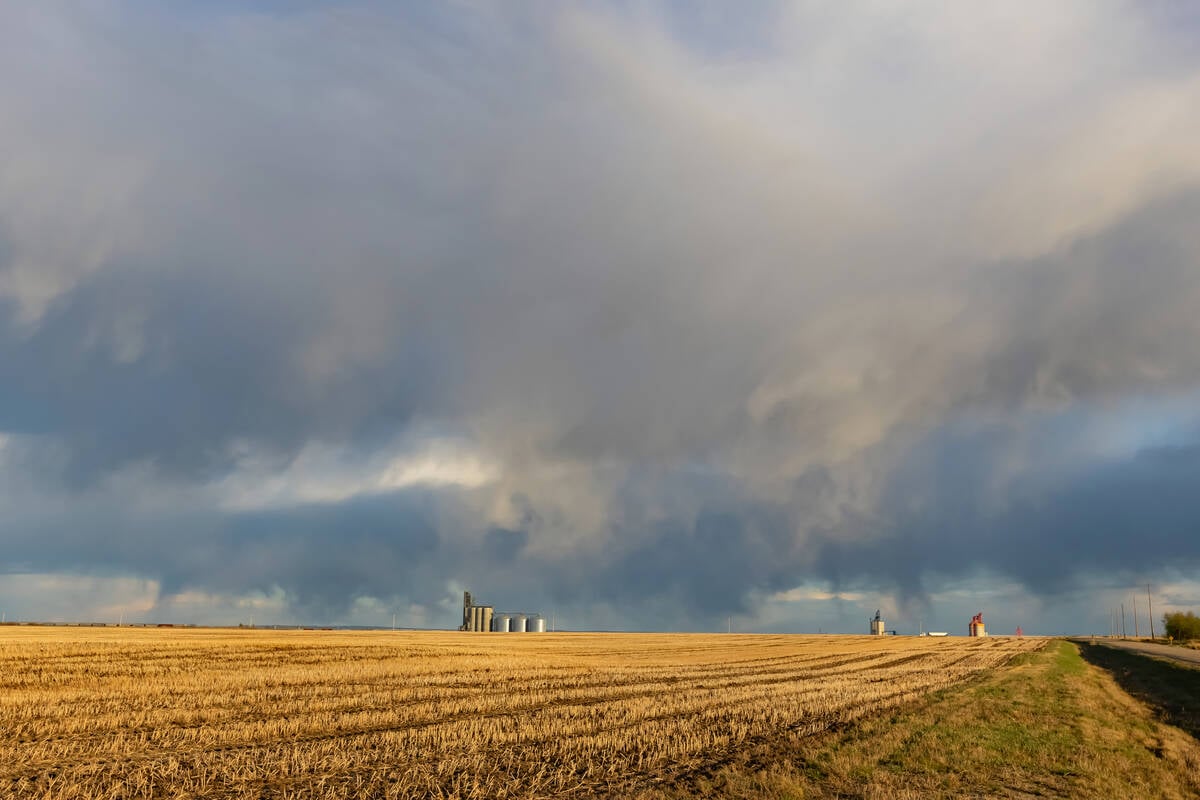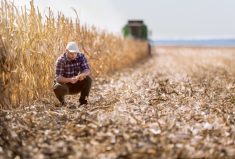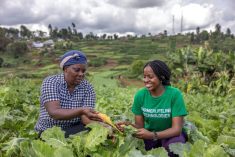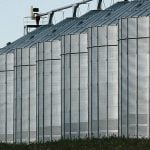MarketsFarm — The global climate crisis is interlinked with the financial crisis on Canadian farms, according to a new discussion paper from the National Farmers Union (NFU).
The paper proposes changes to agriculture practices that could help the sector become part of the solution to both major issues.
Compiled by Darrin Qualman in collaboration with the NFU, the 102-page document titled Tackling the Farm Crisis and the Climate Crisis: A Transformative Strategy for Canadian Farmers and Food Systems sets out a number of short- and long-term proposals for reducing emissions while also improving farm profitability.
Read Also

Prairie forecast: Active pattern continues with mostly-dry west, wet start for east
The active pattern that we saw last week looks to continue into this forecast period which means more chances for rain, possibly some wet snow and a continuation of the temperature rollercoaster ride.
“The farm crisis is real, as is the climate crisis,” said NFU national president Katie Ward in the foreword to the paper. “Left unchecked, the climate crisis will dramatically deepen the income crisis on Canada’s farms as farmers struggle to deal with continued warming, more intense storms, and increasingly unpredictable weather.
“It is clear that climate change represents a major challenge to agriculture, but it also represents an opportunity,” she added.
A focus on high agricultural inputs in order to maximize outputs was cited as a major cause of both rising global temperatures and falling farm profits, with the policies and actions recommended in the report generally moving the industry towards a lower input model.
“The solution to the farm crisis and the solution to the climate crisis are, to a large degree, the same: a decreased dependence on high-emission petro-industrial farm inputs and an increasing reliance on ecological cycles, biology, energy from the sun, and the knowledge, wisdom, and judgment of farm families on the land,” said the report.
The paper outlined numerous policies and practices that would lead to increased efficiencies, including a shift to electricity from fossil fuels.
With synthetic nitrogen fertilizer noted as a major contributor to greenhouse gas emissions, the paper advocated for a rather balanced minimum-impact no-till (MINT) cropping system.
Such a system, the paper said, would take the most promising organic agriculture practices (crop rotations, intercropping, reduced inputs) and combine those with more conventional no-till practices such as strategic chemical use to best reduce emissions while also improving the bottom line for farmers.
The paper also had a balanced view on livestock. While industrial cattle production has been linked to increased methane levels, cattle and other ruminant animals were also seen as an indispensable part of healthy ecosystems.
While many individual actions highlighted in the paper may help both the climate and farm crises, the paper noted widespread government-led mobilization will be needed if there is to be a transformation of the energy, food, transportation and manufacturing systems.

















